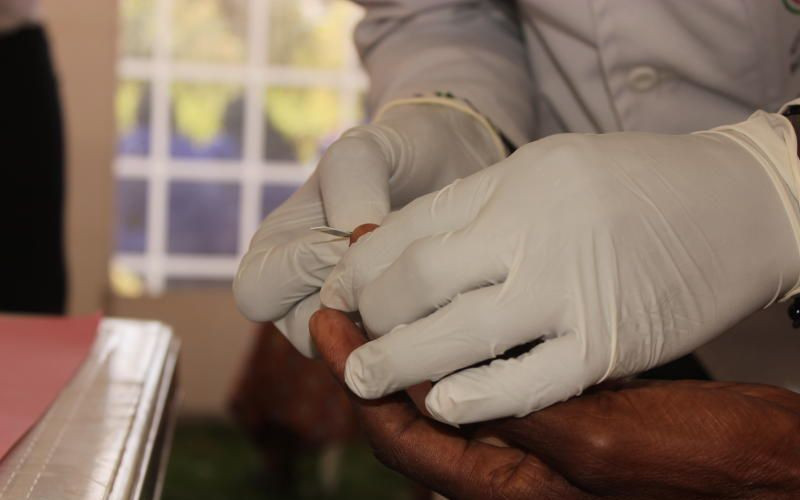×
The Standard e-Paper
Kenya’s Boldest Voice

Kenyan doctors have been urged to normalise seeking mental health services when faced with challenges in their line of work.
Speaking during a webinar titled 'Burnout Among Healthcare Workers', Dr Edith Kwobah, a Consultant psychiatrist, said medics are facing challenges such as; shortages, inadequate support by management and poor infrastraucture, while in the line of duty.